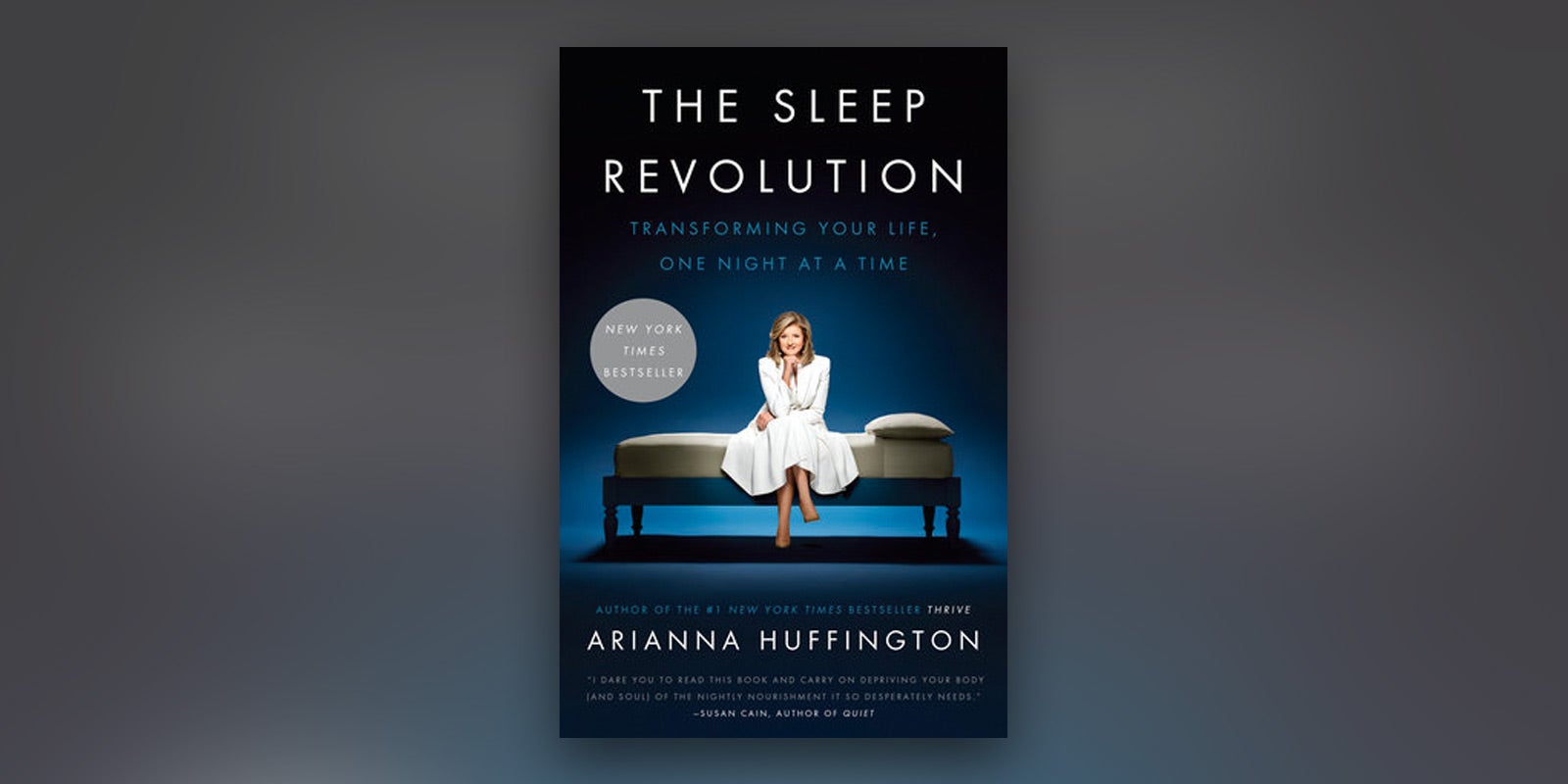 By Arianna Huffington, author of The Sleep Revolution: Transforming Your Life, One Night At A Time (Harmony, April 2016)
By Arianna Huffington, author of The Sleep Revolution: Transforming Your Life, One Night At A Time (Harmony, April 2016)
There is more and more evidence of how sleep deprivation is affecting students, both their physical and mental health and their ability to learn. At the same time, we are living in a golden age of sleep science, revealing all the ways in which sleep plays a vital role in our decision making, emotional intelligence, cognitive function, and creativity – in other words, the building blocks of a great education. This science is already being applied, as many schools have seen positive results from pushing back start times.
So as you go about your work teaching, inspiring, and instilling a lifelong love of learning, you have an amazing opportunity to help change cultural norms by giving students the understanding and the tools they need to make sleep a priority — and in doing so improve nearly every aspect of their lives.
In education, as in nearly every profession, sleep has long been shortchanged. For students around the world, schools have become burnout zones where, along with history, math, and science, we teach the worst habits of a culture fueled by burnout and sleep deprivation. While still in grade school, too many students learn an unforgiving definition of success, where going without sleep is considered a badge of honor.
And healthy sleep goes beyond academic achievement. In fact, a 2014 report by the American Psychological Association found that millennials were the most stressed generation, almost a third saying they can’t sleep because they are “thinking of all the things they need to do or did not get done” and because “they have too many things to do and do not have enough time.” Add to that the constant pressures of social media and FOMO (or fear of missing out) leads to smartphone addiction, with young people obsessively checking for texts, messages, updates, notifications, and alerts, at all hours—habits that harm sleep and create anxiety.
Educators today dedicate their lives to preparing our children to succeed in the world. But we don’t teach them much, if anything, about sleep, a key building block for their physical, mental and emotional health. Removing the obstacles to better sleep for our children, of course, starts with awareness and includes helping them manage better their relationship with technology and their devices. That means helping our children enjoy their limited downtime more effectively (and less glued to their screens). Asking them to get more sleep without helping them to make changes in their day won’t work; only by changing some of the factors in the equation will they arrive at a different result.
ARIANNA HUFFINGTON is the cofounder, president, and editor in chief of the Huffington Post Media Group, one of the world’s most influential news and information brands. She is the author of fourteen books, including Third World America and On Becoming Fearless, and the mother of two daughters, Christina and Isabella.







